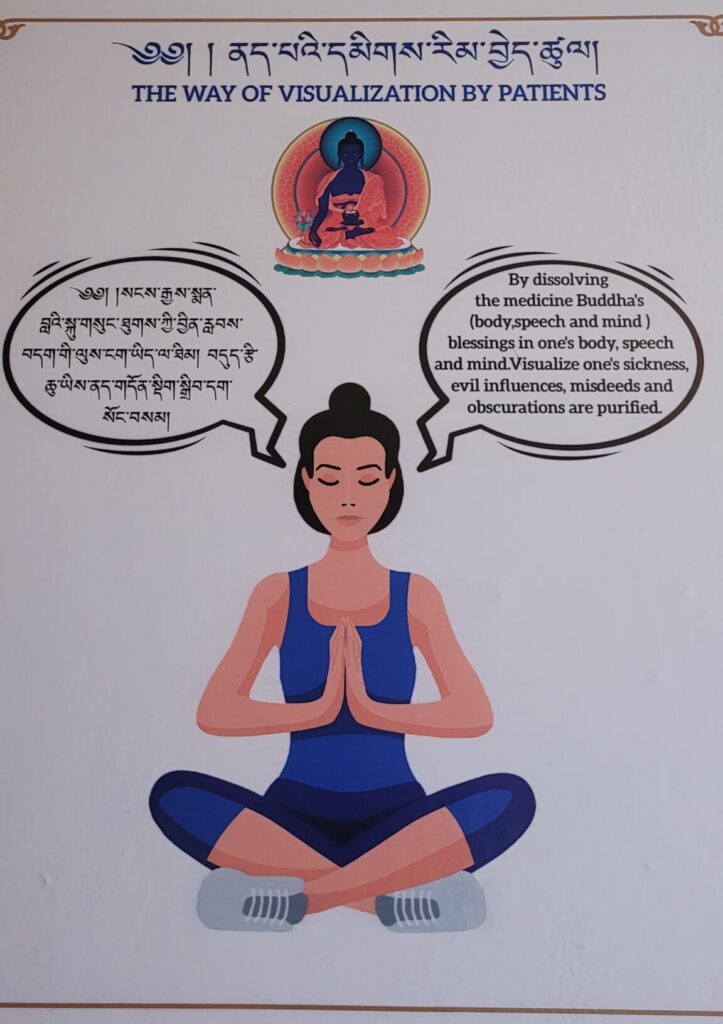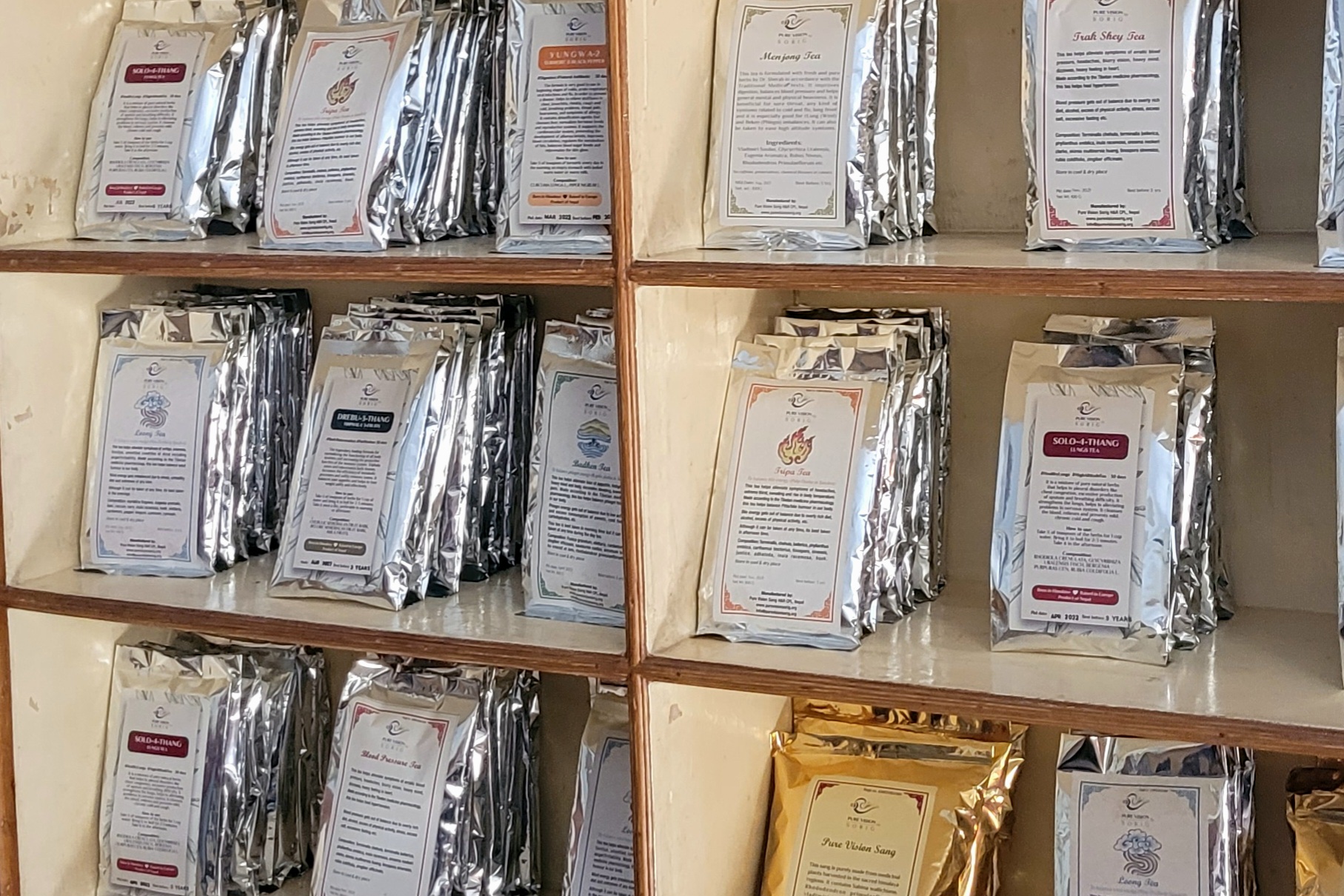
Translations play a major role in the spread of Sowa Rigpa practice, in local South Asian, as well as international contexts. However, such translational necessities also involve cultural leaps that are often more difficult to navigate.
Until recently, Sowa Rigpa (gso ba rig pa), better known as ‘Tibetan medicine’, was limited to specific geographic regions, the Himalayan highlands (Tibet, Ladakh, Nepal, Bhutan) and parts of Central Asia (Mongolia, Buryatia). This state of relative isolation slowly eroded throughout the second half of the 20th century, inaugurating a new era for the tradition in which its practitioners ventured further afield, creating transnational connections, especially to North America, Europe, other Asian countries, and Russia.
Thus, these days, transnational medical practice is a common phenomenon in contemporary Sowa Rigpa, especially among exile practitioners in India and Nepal.Both in the form of medical tours abroad or local treatments of foreign patients and via telemedicine, doctors provide transnational medical care. For many Sowa Rigpa practitioners, transnational medical practice, particularly in western countries, offers financial and social incentives but also the possibility of disseminating their tradition and pursuing humanitarian agendas.
However, as a result of the deterritorialization of practice and practitioners or new phenomena like telemedicine and innovations in medical treatment options, varying degrees of changes in contrast to national treatment paradigms occur that raise questions about efficacy of practice or benefit for patients.

Packages of diverse medical teas and supplements displayed for sale in a Sowa Rigpa clinic in Boudhanath, Kathmandu. In most practice contexts, patients do not receive medical products in neat packages, listing ingredients and prescriptions. This clinic is known to be popular among ‘westerners’ who often demand knowledge on ingredients and efficacy.
The research project I introduce in this blog seeks to explore and analyse transnational Sowa Rigpa practice and asks to what extent this trend is transforming established principles, perceptions, and representations of Sowa Rigpa. The aim is to determine and question the extent to which transnational spaces shape a globalized Sowa Rigpa medicine.
Using the main methods of participant observation and semi-structured interviews with Sowa Rigpa doctors and patients, I am conducting about 13 months of multi-sited ethnographic fieldwork in India, Nepal, and Europe.
Ultimately, the research will help to understand the challenges to and possibilities for globalised medical practice, contributing to the growing anthropological interest in global health.



Leave a Reply